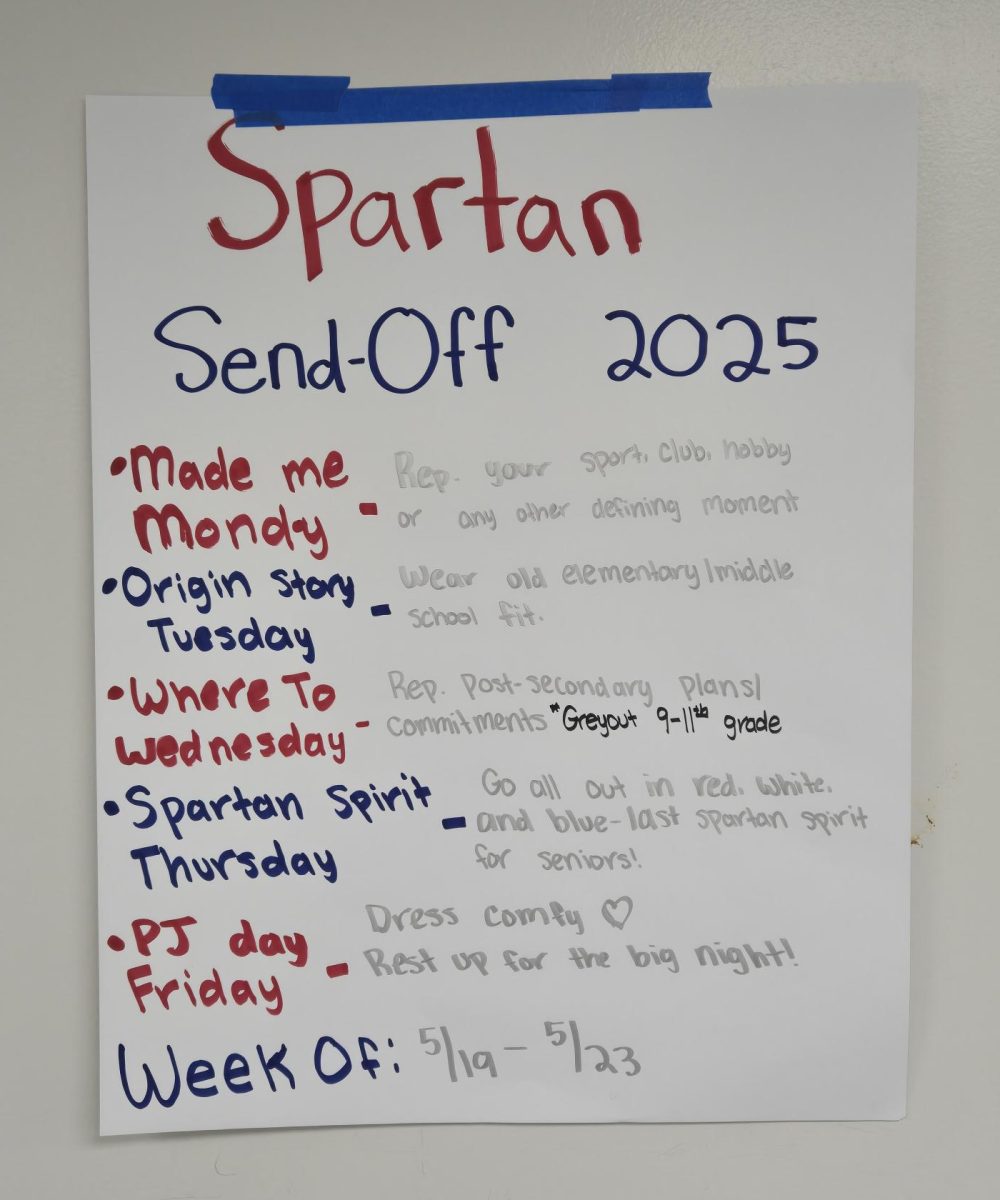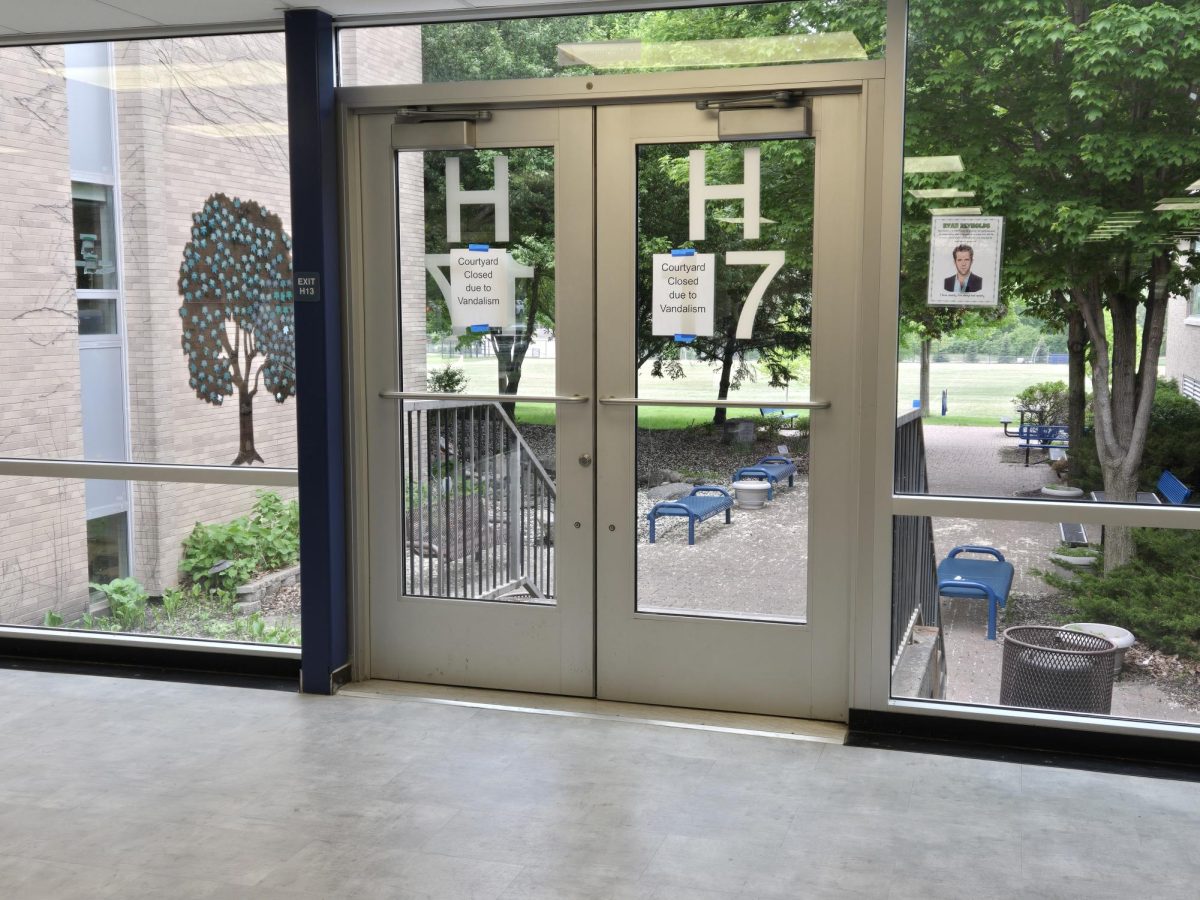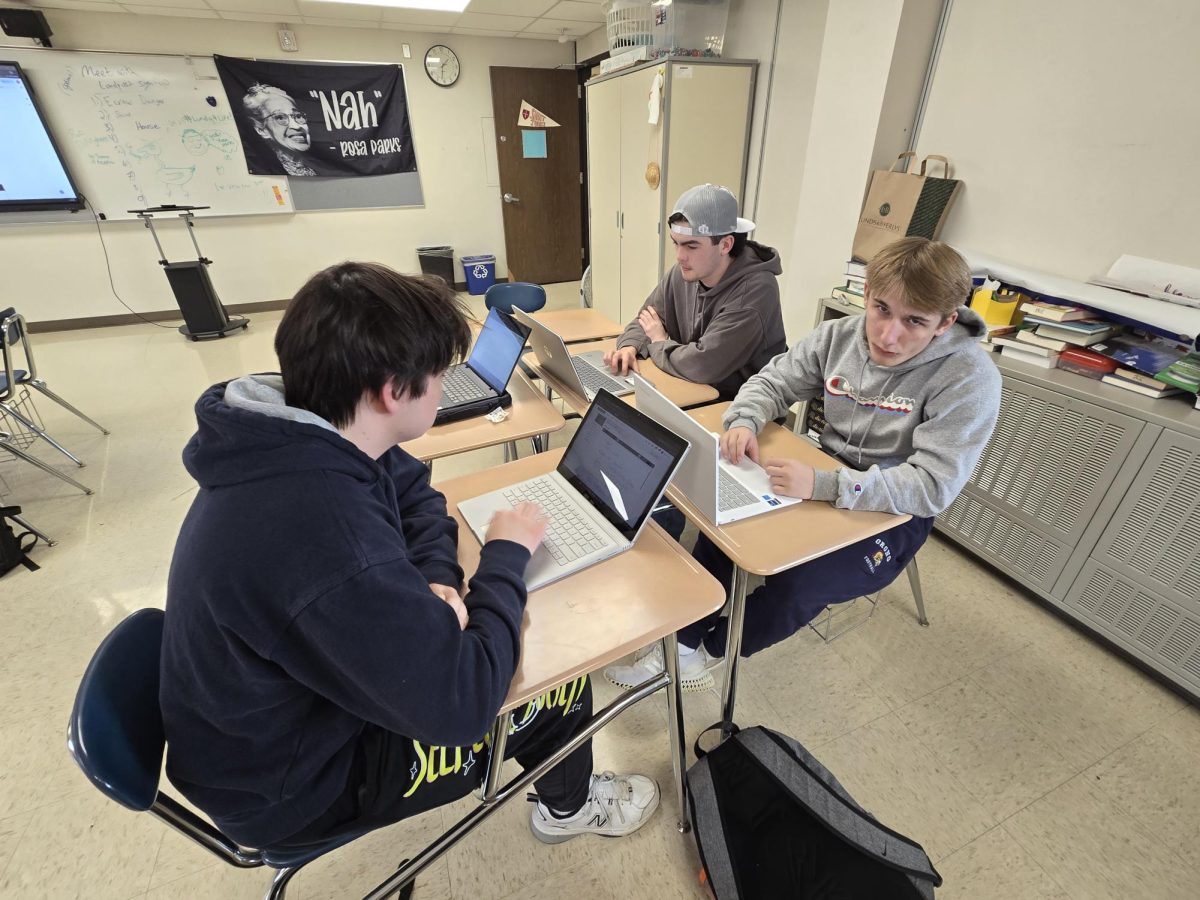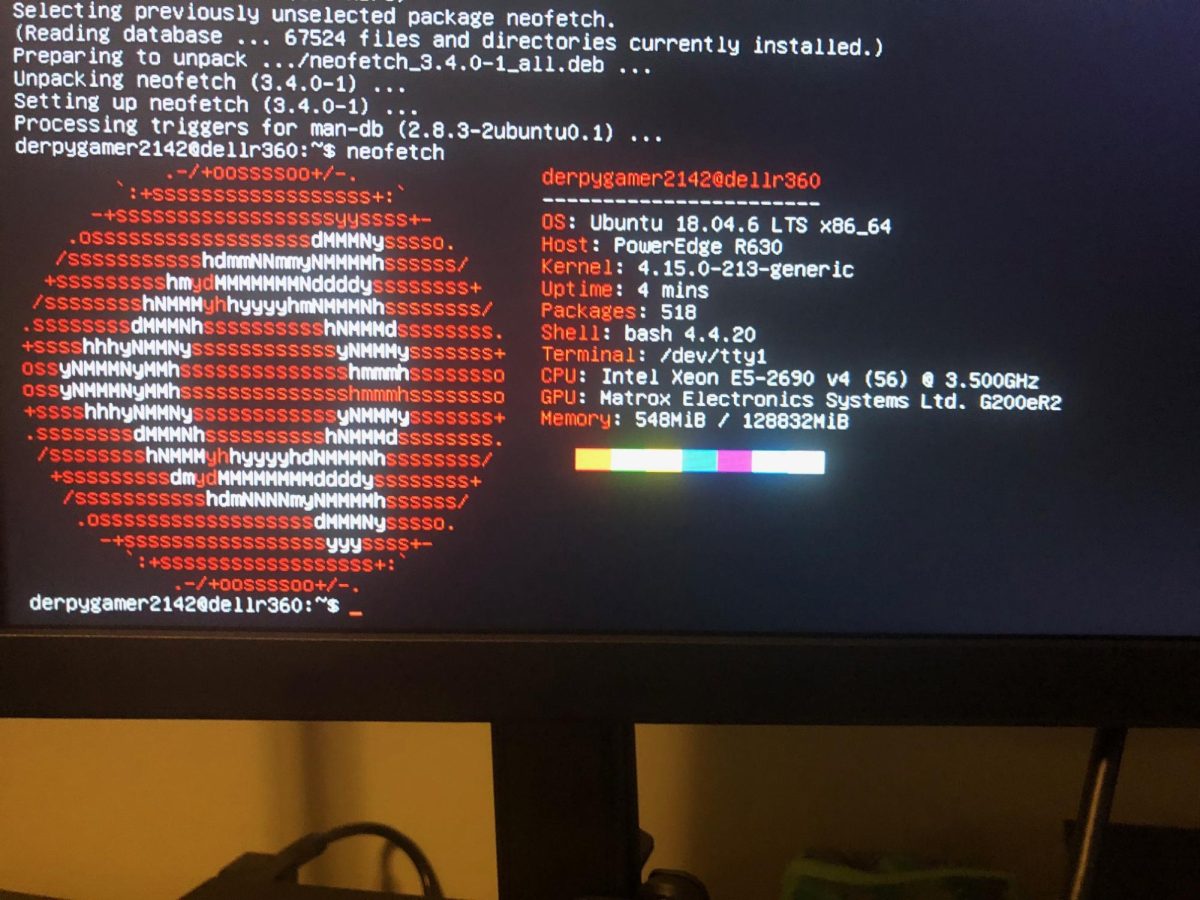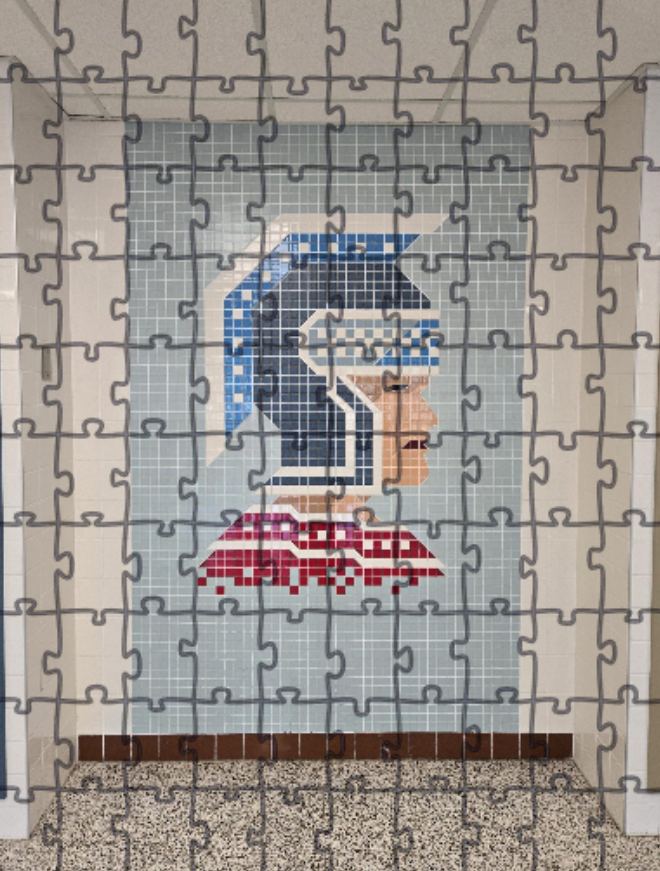The Season of Distress: Finals Week Preparations
Flinders University Student Health and Wellbeing blog
Finals week is approaching for Orono High School!
As Orono High School comes to the end of its first semester, students have started preparing for final exams.
A study performed at Rutgers University shows that, on average, students are getting around four hours of sleep or less during finals week. For teenagers, it is recommended they get eight to ten hours per day, so making sure students give themselves time to rest during finals is crucial. When asked on the survey what students use to stay awake, around 16% said energy drinks were their preferred method.
“During a normal week I consume around 0-150 mg a day and sleep about 7 hours, but during finals week I probably drink about 150mg at the least but it could get up to 250mg, I don’t know anymore. I sleep the same amount though, maybe a little bit less,” junior Lucy Youngquist said.
Due to COVID-19, teachers have had more stress piling up on them as they try to keep students engaged and learning. Taking the stress away from the students is one of the main goals of teachers especially during this time.
“Eating breakfast the morning of your test, make sure that you’ve eaten, make sure that you wear comfortable clothes. This is a great example of a day where you want to not have any external factors affecting you, where you can just focus on the task at hand. I think managing it in small bites is good. That’s why we have this three-day model,” English teacher Kyle Herring said.
OHS has recently changed its finals schedule from a two-day period to a three-day period to reduce the number of tests on each day and help students manage their studying and not overload themselves.
One of the most common studying tools amongst students is to find a quiet environment and use notecards. But, sometimes those are not the best method for certain students.
“I tend to forget [the study content] if I use the note cards, so I kind of just go through the Learn mode on Quizlet if I need to, if they’re like vocabulary stuff or anything like that,” senior Jacob Farrell said.
Flashcards are not the only method that will help a student learn content, they do not have to be boring methods either. There are endless ways, students just have to find which ones work best for them. According to a seminar presented by OHS counselor Jamie Menne, fun ways to recall content is to use acronymic sentences, which is remembering something in a specific order (i.e. Never Eat Soggy Waffles), the Loci method: attaching the information to a certain location (matching a vocab word to a piece of furniture), or simply using a song to help remember.
Here are some other key tips to help students glide through their finals week:
Get some sleep
Many students find themselves cramming as much information as they can get into their brains at the last minute, thinking it will benefit them on their tests when in reality, it doesn’t. When the brain gets tired, it will not retain the information as well as a rested brain. There are always better ways to study than to push the brain to its limit, especially in a time crunch.
Eat throughout the day
Studying might take up a lot of free time during the day and night. Students must make sure they are not just eating when it is most convenient for them and actually taking the time to feed themselves and their brains so they have the mental fuel to keep up studying. It will help the brain to lock in the information and recall it later on. Processed carbohydrates are a quick fix but will end up exhausting the body in the long run. Instead, eat foods that will digest slower like lean proteins and vegetables.
Try different studying tools
Everyone has certain tools that work for them, but do not be afraid to try out new tools and see if they work. Create a list of different ways to study certain materials and try them out. Students will never know if a new method will help them learn information quickly and help to recall during a test.
Do not distract yourself
Do not let social media distract you while you are studying. It is okay if you have been studying for too long and need a small break, but social media can get addictive. Try not to use your phone for more than five to ten minutes in between study periods. Plan your studying day out so you know how much effort you need to use or when to save it and recharge.
Recovery
Make sure you are scheduling time to rest physically and mentally and don’t study for too long of segments. Avoid studying for more than an hour at a time. Give the brain a rest, it will not help during exams to have an exhausted brain.
Stay active
Staying in one place for too long can lead to a tired body. Exercise will boost blood flow to the brain and keep it proficient enough to absorb new information. This does not mean you need to find time to squeeze a full workout into a busy schedule, just enough activity to keep the blood pumping.


